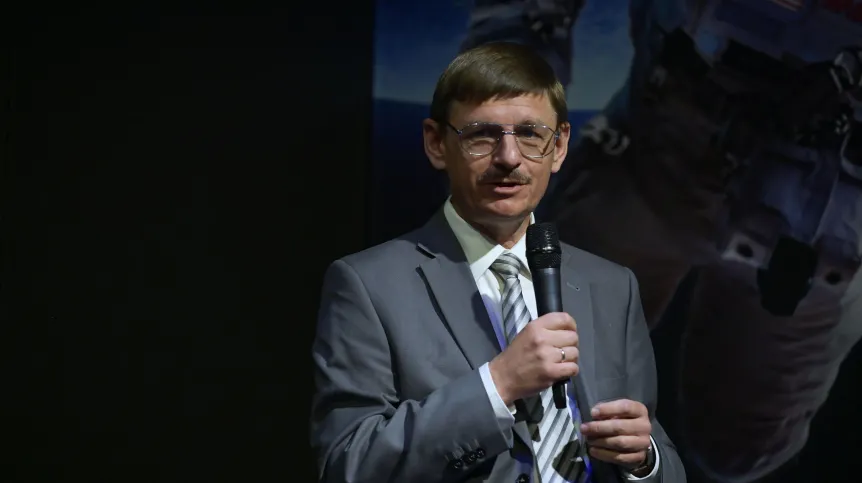
We want to improve the chances of Polish companies in obtaining funds from the European Space Agency (ESA) that will help them advance in the space supply chain and provide not only individual components, but entire systems for the needs of space missions, President of the Polish Space Agency POLSA Professor Grzegorz Wrochna told PAP.
The head of the Polish Space Agency (POLSA) pointed out that Polish companies and institutes were active within the European Space Agency (ESA) structures. 'Our EUR 40 million contribution paid to ESA every year may seem large, but it accounts for only 1 percent of its budget. However, this minor contribution gives us access to technologies developed by the whole of Europe. In addition, this money mostly returns to our market in the form of orders for Polish companies and scientific institutions', said Wrochna.
POLSA wants to improve the chances of our space sector companies from the sector in obtaining European funds for space ventures. 'Large ESA projects are coordinated by experienced companies that invite suppliers from various countries, including Poland, to cooperate', he explained.
The head of POLSA pointed out that before the pandemic, the Polish space industry was 'dynamically developing'; European companies 'were also eagerly reaching out to Poland'. He admitted that due to disruptions in the supply chains, space companies, often associated with the aviation sector, were facing serious financial problems.
'We are working on improving the chances of our companies in the fight for international contracts', Wrochna said. He reminded that as part of these efforts, a special ESA program for Polish companies worth EUR 6 million had been launched. 'The idea is to propose a product that will be important for ESA and guarantee its implementation and failure-free operation; we are recruiting for this type of projects', he said. The head of POLSA hopes that 'this instrument will help Polish companies advance in the supply chain'. The goal is to deliver not only individual components, but entire systems for space missions, he noted.
He pointed out that another ESA Ministerial Council would meet in November this year. The ministers of the ESA member will discuss an action plan and its financing for the next three years. 'In Poland, we are now discussing which ESA programs we would like to allocate our contribution to, which we are most interested in', he said.
According to Wrochna, it is currently difficult to identify specific Polish space specialisations that would be leading in Europe. He remarked that our space industry was still developing.
The head of POLSA reminded that the Polish space sector 'spawned' from research institutes of the Polish Academy of Sciences and Polish universities. 'Hence, our presence in space began with the construction of various research, measurement and robotic instruments that flew into space in over 80 missions', he said. Such devices dug into a comet, drilled into Mars, recorded the radiation of very distant phenomena. Today, companies that develop commercial technologies for utility purposes use this experience.
'Our another strong point is collecting satellite data. A Polish company runs one of the four recognized ESA data centres in the EU's Copernicus system. We are already starting to provide such services to other countries', noted Wrochna. He added that this involved not only data collection, storage and sharing, but also associated products and services: satellite maps, monitoring of the condition of crops, waters, atmosphere and seas. 'Based on satellite photos, we can, for example, observe cyanobacteria in the Baltic Sea and predict how they will develop', he explained.
According to Wrochna, the number of such projects in the portfolios of Polish companies continues to grow. 'Offering such service may therefore become a Polish specialty', he assessed.
According to POLSA, the Polish space market includes approx. 400 companies and scientific institutions that employ approx. 12 thousand people.
The Polish Space Agency (POLSA) is an executive agency of the Ministry of Development and Technology. Its task is to support the Polish space industry by implementing the priorities of the Polish Space Strategy. POLSA cooperates with international agencies and state administration in the area of space research and use.
PAP - Science in Poland, Magdalena Jarco
maja/ mk/ kap/
tr. RL













